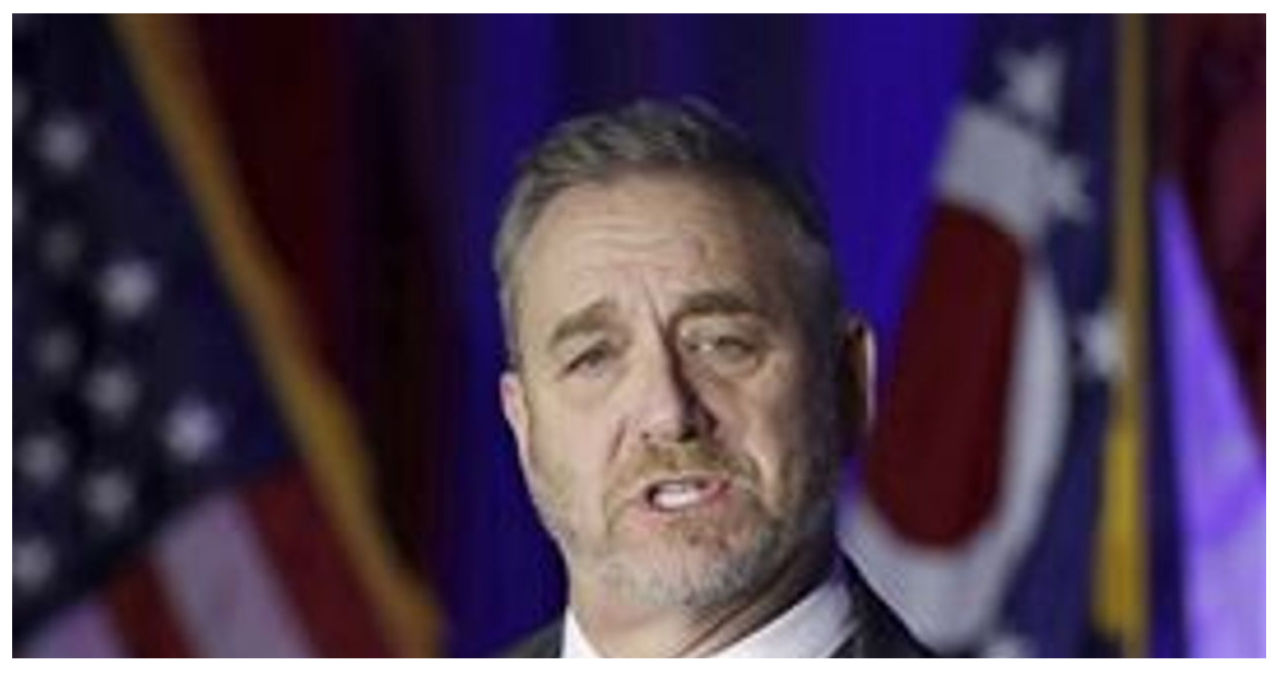Ohio Attorney General Dave Yost is once again facing legal action for allegedly delaying citizen-led initiatives to bring proposed constitutional amendments to the ballot.
The Ohio Supreme Court recently declined to prioritize a lawsuit against Mr. Yost as a time-sensitive election case. The lawsuit alleges that Mr. Yost has been impeding a proposal that seeks to eliminate qualified immunity for state and local governments, as well as their police officers and other employees, in relation to job-related actions.
The attorney general has rejected the proposed petition summary language for this particular amendment a total of five times in the past year, along with previous versions prior to that.
In February, supporters of a proposed voters’ bill of rights filed a lawsuit, alleging that the Republican attorney general was obstructing their efforts. This lawsuit has caused a delay, reducing the available time for petitioners to collect approximately 413,000 valid voter signatures. Gathering these signatures is crucial for the initiative to be included on the general-election ballot scheduled for November 5th.
In both instances, the high court decided not to expedite the legal proceedings.
“The attorneys representing the Ohio Coalition to End Qualified Immunity emphasized the demanding and daunting nature of the statewide initiative process. They stressed the considerable amount of time and resources it requires to undertake such an endeavor.”
The authors of the statement emphasized that any delays in the initial stages will inevitably impact the later stages. They highlighted that time is of the essence, as failure to instruct Mr. Yost to fulfill his legal obligation promptly could result in running out of time.
To qualify for the general election certification, individuals must submit their petitions by July 3rd. Currently, there are two sets of petitions circulating, each with its own objective. One seeks to increase Ohio’s minimum wage to $15 per hour, while the other aims to eliminate politicians’ involvement in congressional and state legislative redistricting.
Before petition circulators can start collecting signatures, they need to pass an important check. The attorney general must certify that the summary language accurately represents the proposed amendment and reflects its intended impact. This certification process takes about 10 days from the time the language is submitted.
Mr. Yost has expressed his opinion that both pending petitions fail to meet the required standard. He has recently implemented a procedure where he rejects petitions based on their titles.
Mr. Yost’s office successfully argued against fast-tracking either case in the high court. One of the reasons for this argument is that there is no hindrance to these questions appearing on future general-election ballots if they do not make it in 2024.
According to the brief filed by the attorney general’s office, the significance of the attorney general’s scope and authority in ensuring fair and truthful summaries for voters cannot be overstated. The brief urges the court to reject the coalition’s request to expedite the litigation over the attorney general’s ability to fulfill this crucial role.
The upcoming general election in 2024 is anticipated to witness a higher voter turnout than usual due to the presence of a presidential election.
Mr. Yost’s rejection of the amendments’ titles has become the target of both lawsuits. It is worth noting that his office has acknowledged that this practice is relatively new and is based on a state Supreme Court ruling.
He has voiced his objection to supporters of the amendment using titles to promote their viewpoints.
The voting-rights proposal aims to solidify and enhance existing rights in the Ohio Constitution while also preventing government interference.
The backlash stems from the implementation of legislation that enforced strict photo identification requirements for in-person voting, shortened the time for returning absentee ballots and fixing provisional ballots, and eliminated the Monday before Election Day from the in-person early voting schedule.
The proposed amendment that limits qualified immunity has the potential to open up avenues for individuals who believe that the actions of police officers or other public employees have violated their constitutional rights to file lawsuits. In such cases, the government employers could be held accountable for both compensatory and noneconomic damages, without any set limit.
In his letter explaining his latest rejection, Mr. Yost expressed his disappointment, stating that the petitioners have submitted summaries that continue to contain the same misstatements and omissions that he had previously identified and rejected.
He expressed his opinion on the title, stating that the word “protect” is subjective as its real intention is to undermine the government’s defenses.
Both lawsuits will continue to progress through the normal course of litigation, a process that could potentially span several months. As time goes on, it will become increasingly challenging for either party to meet the July 3 deadline.



